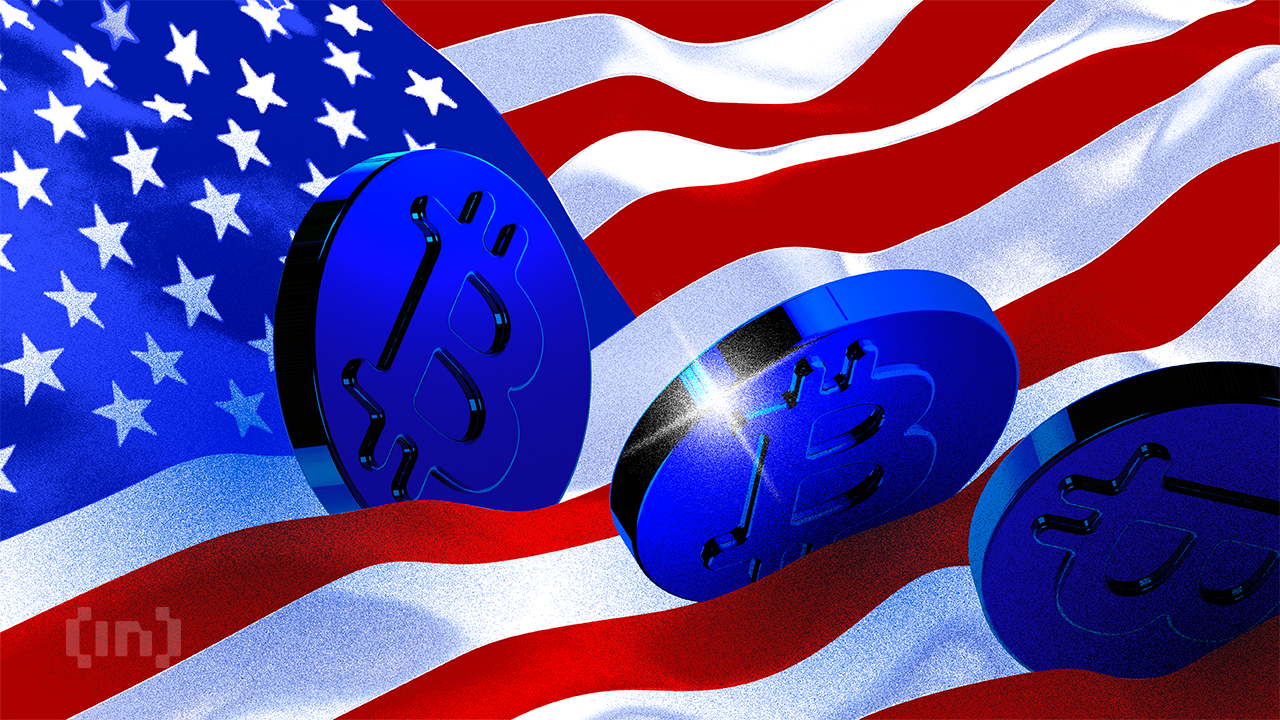
The cryptocurrency world is abuzz with news of the US Treasury’s latest move to explore the feasibility of a Strategic Bitcoin Reserve. As part of the House Appropriations Committee’s 2026 funding bill (H.R. 5166), the Treasury is required to dive into detailed reports about custody, cybersecurity, and accounting for digital assets within 90 days. This initiative, coupled with a broader framework of digital asset regulation, signals a pivotal moment for cryptocurrencies like Bitcoin in the United States.
Understanding the Strategic Bitcoin Reserve
Sections 137 and 138 of the Financial Services and General Government Appropriations Act direct the Treasury and the National Security Agency (NSA) to investigate the potential benefits and challenges of establishing a Bitcoin Reserve. While no immediate Bitcoin purchases are mandated, this is the first time Bitcoin has taken center stage in US fiscal policy debates. It represents a major step toward recognizing digital assets as a component of national economic strategy.
Evolving Regulatory Landscape
Simultaneously, lawmakers are engaging in broader regulatory discussions to address the rise of cryptocurrencies. Senator Ruben Gallego has proposed a regulatory framework that ensures the Commodity Futures Trading Commission (CFTC) oversees non-security digital assets. The proposed guidelines aim to reduce risks to consumers while fostering innovation in the cryptocurrency space.
These measures come in the wake of growing scrutiny over the involvement of political figures in the crypto space. For instance, former President Donald Trump’s WLFI token launch reportedly boosted his family’s net worth by $5 billion, sparking debates about the intersection of politics and crypto.
Major Players Advocating for Crypto
Notable crypto advocates continue to emphasize the transformative potential of these digital tools. Eric Trump recently called Bitcoin a hedge against traditional markets like real estate during a Seoul conference. He went further, predicting explosive growth for the cryptocurrency market in the next 12 to 18 months, reinforcing Bitcoin’s position as a leading player in the ecosystem.
Safeguarding Trust Amid Innovation
Market infrastructure adapts to these rapid shifts as traditional financial players embrace blockchain technologies. Nasdaq President Tal Cohen revealed ongoing efforts to enable tokenized securities trading, highlighting the importance of balancing innovation with investor protection. According to Cohen, “The strongest markets are built on trust. When trust merges with innovation, the result is not just efficiency but better markets overall.”
Expanding Digital Asset Enforcement
The appropriations bill goes beyond research initiatives. It allocates $230 million to the Office of Terrorism and Financial Intelligence (TFI) to enhance enforcement measures, including leveraging AI technology to combat crypto-related fraud. This comes after the Treasury sanctioned Southeast Asian networks responsible for crypto scams linked to human trafficking and financial losses exceeding $10 billion in 2024.
What This Means for Investors
Although focused primarily on research, the Treasury’s exploration of a Bitcoin Reserve reflects growing confidence in digital assets. For crypto enthusiasts and investors, this could signal greater stability and legitimacy for Bitcoin as an alternative store of value. Industry shifts, regulatory clarity, and infrastructure improvements are likely to attract more mainstream acceptance and opportunities in the crypto landscape.
As part of this rapidly evolving financial ecosystem, investors can consider diversifying portfolios with reliable cryptocurrency wallets and investment tools. A highly rated option is the Ledger Nano X, a trusted hardware wallet designed to secure your digital assets with ease.
Conclusion
From regulatory studies to high-profile market endorsements, Bitcoin continues to shape the future of US financial and economic policy. The Strategic Bitcoin Reserve initiative offers a glimpse into how digital assets could become integral to national and global economic systems. Whether a reserve tool, regulatory focus, or innovation driver, Bitcoin’s role in the US economy is growing rapidly.





